12 cancer research breakthroughs of 2021
13th December 2021
2021 has been a fantastic year for science with the rollout of the coronavirus vaccine happening at unprecedented speed thanks to the hard work of people around the world. And all through this turbulent time, cancer researchers have been hard at work too. Here’s the 12 big cancer research breakthroughs made by our scientists in 2021.
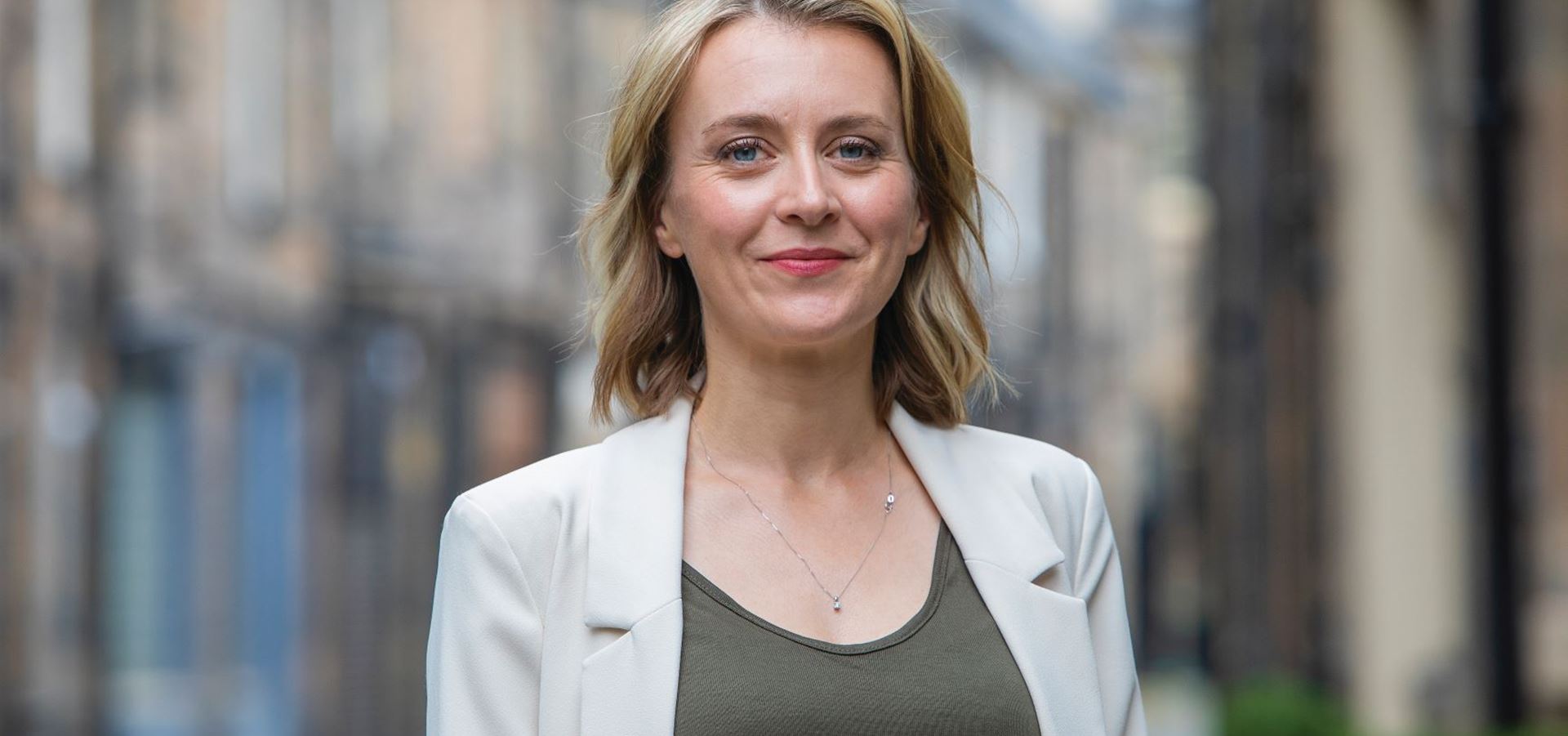 Dr Helen Rippon wraps up 2021
Dr Helen Rippon wraps up 2021
Diet, obesity and immunotherapy
Our scientists in Spain uncovered how a fat molecule found in palm oil, called palmitic acid, alters the cancer genome, and increases the likelihood cancer will spread. The researchers have started developing therapies that interrupt this process and say a clinical trial could start in the next couple of years.
Researchers in Italy discovered a new way to treat acute leukaemia by engineering immune cells taken from healthy donors and using them to target and destroy blood cancer cells. The team hope this could be the start for a new way to treat leukaemia in the future.
In Spain, researchers made a discovery that could help protect against diet-induced obesity and its related health issues. They found that by blocking a protein present in fatty tissue of obese mice could provide protection from weight gain caused by a high fat diet. Their findings could have major implications for obesity related diseases such as cancer.
Join our Curestarter community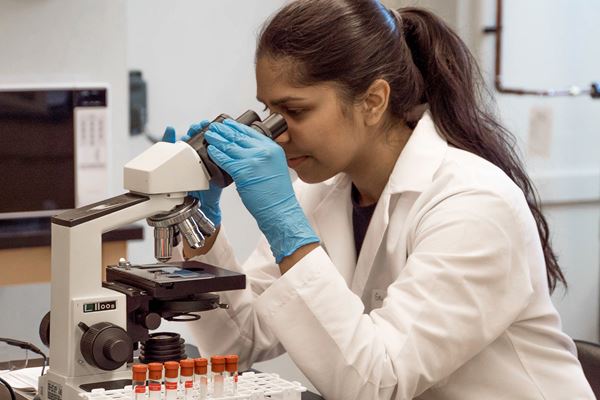
Bubbles, brain tumours and preventing bowel cancer
Our scientists in London developed a new way to deliver drugs that can shut down cancer-promoting mutations in neuroblastoma. The findings show that the new delivery method, which uses tiny bubbles to deliver their cargo directly to the tumour cells, could form the basis for a new treatment for this common childhood cancer.
In Ireland, researchers supported by a collaboration between Worldwide Cancer Research and The Brain Tumour Charity discovered how a genetic mutation causes diffuse midline glioma – a childhood brain cancer also known as DIPG. Their discovery shows that it is possible to reverse the effects of the mutation to slow cancer growth.
Researchers in the Netherlands discovered a better understanding of how bowel cancer develops and identified a new way to prevent it. The research has now resulted in a clinical trial that will aim to repurpose a psychiatric drug as a new preventive cancer treatment in a group of people that – without intervention – are virtually 100% likely to develop bowel cancer in their lifetime.
Help fund more breakthroughs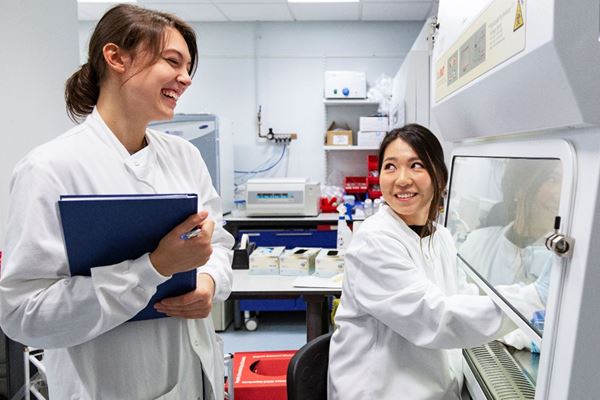
New treatments and clinical trials
Our scientists in France discovered how the tissue surrounding breast cancer tumours can prevent immune cells from reaching and destroying cancer cells. Their findings could lead to better ways to diagnose breast cancer and new ways to improve immunotherapy.
Researchers in Spain co-funded by AECC FC found a potential new way to treat highly aggressive pancreatic cancer. Their findings pave the way to design new treatment combinations that could kill cancer cells while also making them more susceptible to chemotherapy.
We found out that research we funded in 2005 helped to launch clinical trials testing a promising new treatment option for people with bowel cancer. The research revealed how a specific group of immune cells in the body can ‘mask’ the immune responses normally triggered to fight the cancer and have now sparked clinical trials testing a drug that can remove these cells, unmask the immune system, and open the tumour for attack. It’s hoped that this treatment could help prevent the disease from returning and improve survival rates for those with bowel cancer.
How our research saves lives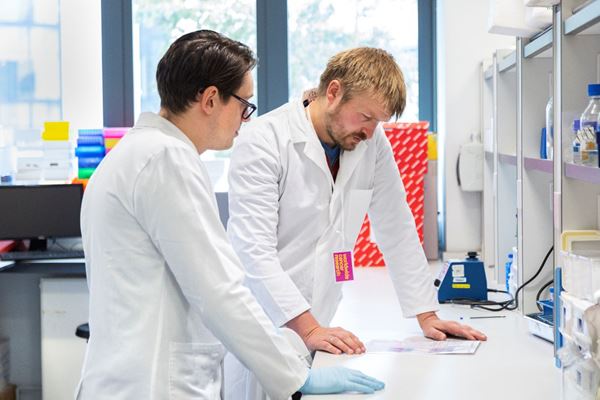
Starting new cancer cures
In Argentina, scientists made an exciting new discovery that could lead to the start of new clinical trials for prostate cancer. Their findings reveal a new treatment strategy that helps make immunotherapy work more effectively to kill off the most aggressive types of prostate cancer.
An international study shone a light on the impact the coronavirus pandemic had on the lives of people with liver cancer. Rates of liver cancer in the UK have increased by more than two and a half times since the early 1990s and continue to rise. Liver cancer now affects more than 6,000 people each year in the UK and only about 1 in 8 people survive for 5 years or longer after their diagnosis.
And finally, we were delighted to be able to commit to funding £4.5m on 23 new research projects that will start in 2022! These innovative new ideas from scientists all over the world are crucial for us to end cancer by starting new cancer cures of the future.
Our research projects
Further reading

I can’t bear the thought of losing yet another loved one to cancer
When Rachel was young, she was told that her auntie had been really ill with something called cancer. This is her story of how her family has been impacted by the disease.
17 November 2021
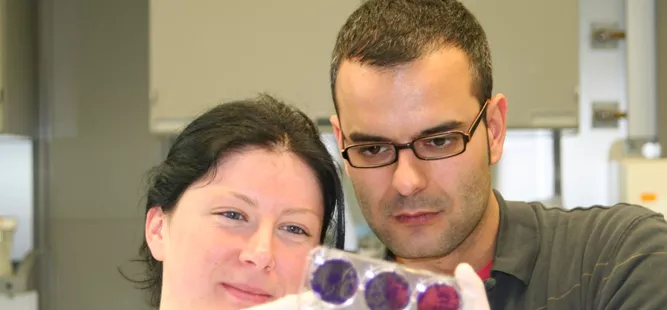
How dietary fats help cancer to spread around the body
Researchers in Spain have discovered how fats found in palm oil can help cancer spread and have developed new drugs to stop it from happening.
10 November 2021
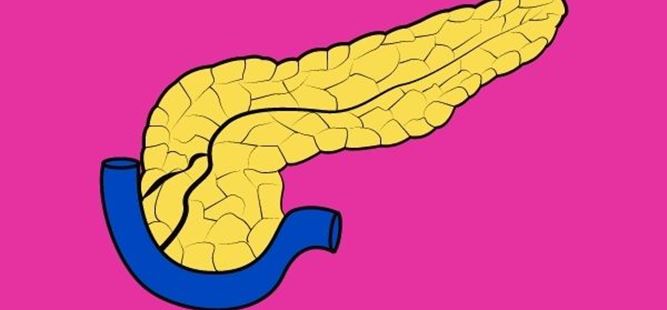
Why haven't we cured pancreatic cancer yet?
Pancreatic cancer is a type of cancer that has seen some improvements in survival rates but it continues to be one of the most difficult types of cancer to diagnose and treat. Find out more here.
08 November 2021
